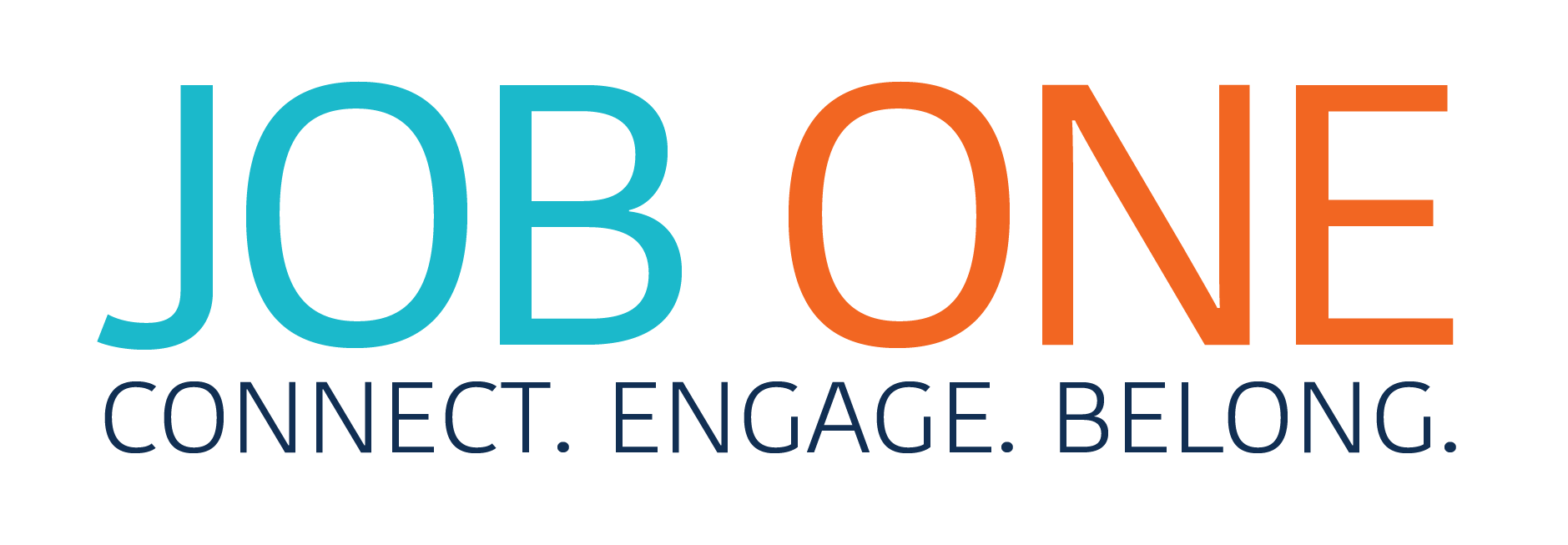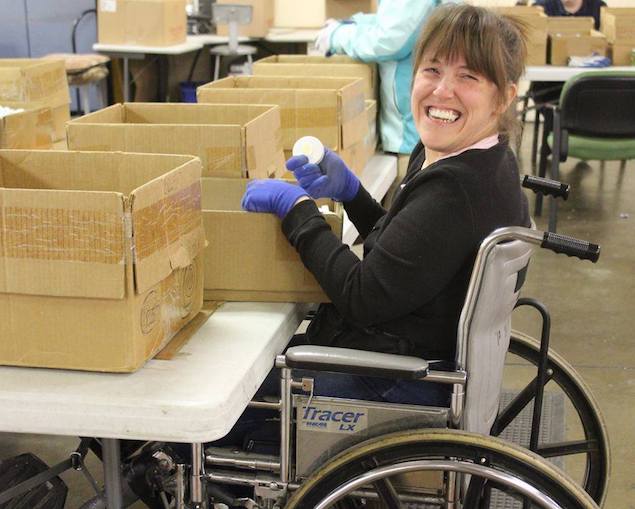Job One has been committed to providing employment opportunities since our beginnings over 50 years ago. Our organization was started by parents, caregivers and concerned community members who joined together to create opportunities for individuals in their lives who happened to have disabilities and were limited in their employment choices due to those disabilities. Legislation such as 14(c) was central to helping provide choices and opportunities for these individuals with disabilities. So, why then, would Job One implement a long-term strategic plan to expand choices and to minimize, where appropriate, the use of 14(c)? First, you should understand what 14(c) is, when its use is appropriate and the vision for creating a broader range of choices–and earning potential–for individuals with disabilities.
What is 14(c)?
Section 14(c) is an exemption to the Fair Labor Standards Act enacted in 1938 that allows authorized employers to pay less than Federal minimum wage to individuals with disabilities who may have reduced levels of productivity. Over the years, much progress has been made to protect the interests and wellbeing of individuals with disabilities, including the American with Disabilities Act (ADA). As an organization, Job One recognizes that, as advocates for these individuals, we must remain vigilant to ensure the stability of existing protections and progress to improve protections.
Is 14(c) a good solution?
The answer here really depends on individual situations. This is not a one-size-fits-all solution. Job One has recognized this and has made great strides to decrease the use of 14(c) for many of the individuals we serve. Our focus is on providing choices and viable employment opportunities for individuals with varying levels of disability.
Here are examples of how we’ve taken steps to offer more choices and address individual needs:
-
- For some people with disabilities, a job in the community or position with greater responsibility is very attainable. Job One launched our Careers programs four years ago to build connections with businesses and create community employment opportunities. We served over 170 individuals in fiscal year 2018 who are seeking or who have secured jobs at or above minimum wage in our community.
- For individuals with more significant intellectual disabilities, a job in an environment which offers care, understanding and a higher level of consideration for their disabilities is required for their success. In addition, oftentimes positions that pay above minimum wage endanger other safety net programs for medical insurance, housing and assistance that could negatively impact quality of life. In these situations, 14(c) makes sense, yet Job One continuously makes efforts to address these on an individual basis and open opportunities. Since 2011 we have decreased our number of employees working under 14(c) by over 52%.
- Job One has created opportunities in which over 75 individuals with significant disabilities are employed making above minimum wage – some up to $15 per hour.
- Job One has achieved an average hourly wage of $7.77 per hour. This is $3.85 above the state average. (source: Missouri Department of Elementary and Secondary Education, August 2018 report).
- Job One conducts reviews annually for all employees to inform them of their job options, including opportunities in community employment.
- In addition, Missouri Vocational Rehabilitation and the University of Missouri Hook Center provides annual counseling to all Job One employees to ensure they are aware of their employment options and provide tools for transitioning to a new job if they choose.
Job One surveys all employees annually to ensure needs are being met. In our most recent survey:
- 94% like their job
- 96% feel respected at work
- 97% feel like they are part of a team
- 37% indicated an interest in finding community employment
Comments from the remaining 63% who have no interest in community employment and would prefer to remain employed in Job One facilities include:
- “People in the community not as understanding of disability. Job One is very supportive.”
- “I feel safe here.”
- “I feel comfortable here.”
- “If I work in the community, my Social Security check goes down.”
- “I work here and make money.”
- “I don’t think I can handle a community job.”
At Job One, we are proud of the progress we’re making and understand that much work remains. Every day, our dedicated team of advocates work to achieve our mission of building skills and connections that create employment opportunities for people with disabilities. We are hopeful that individuals with disabilities can continue to be active participants in the labor force in the settings of their choice. Learn more about Job One at www.JobOneKC.org.

